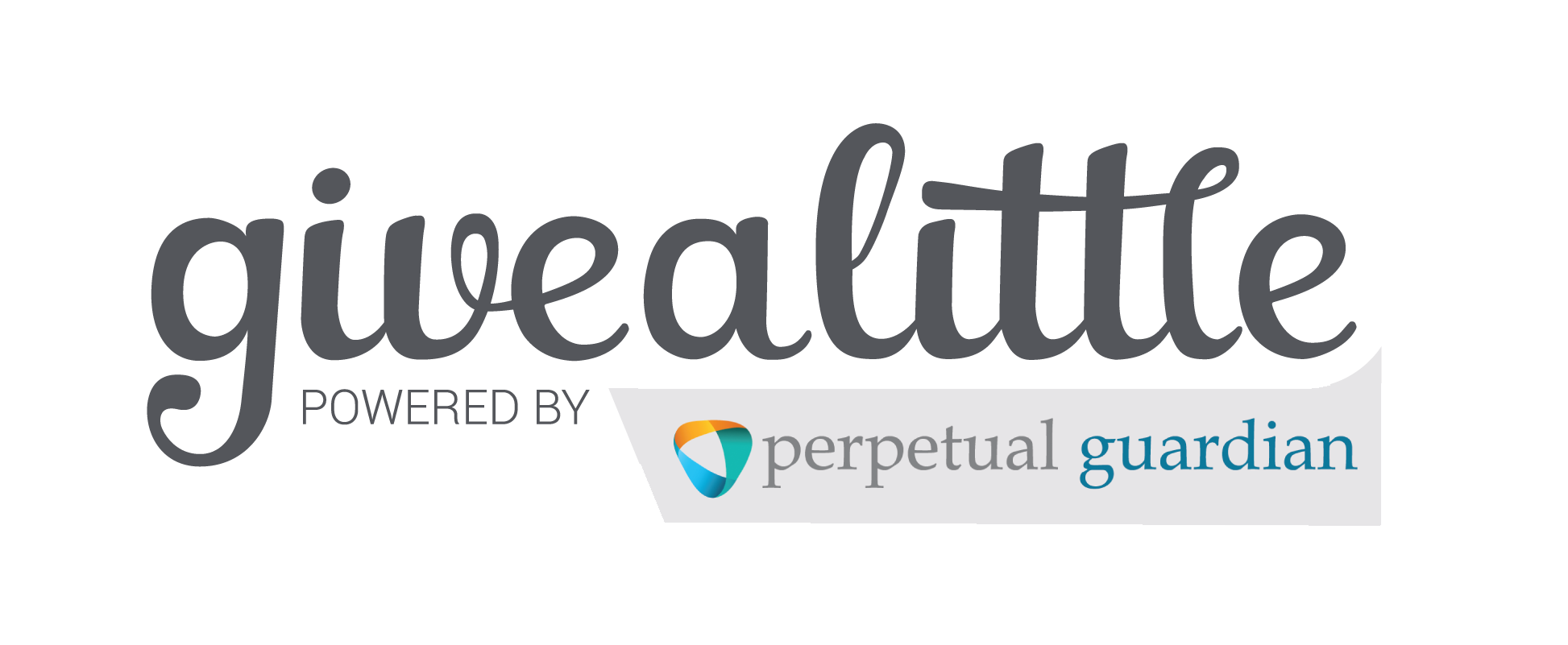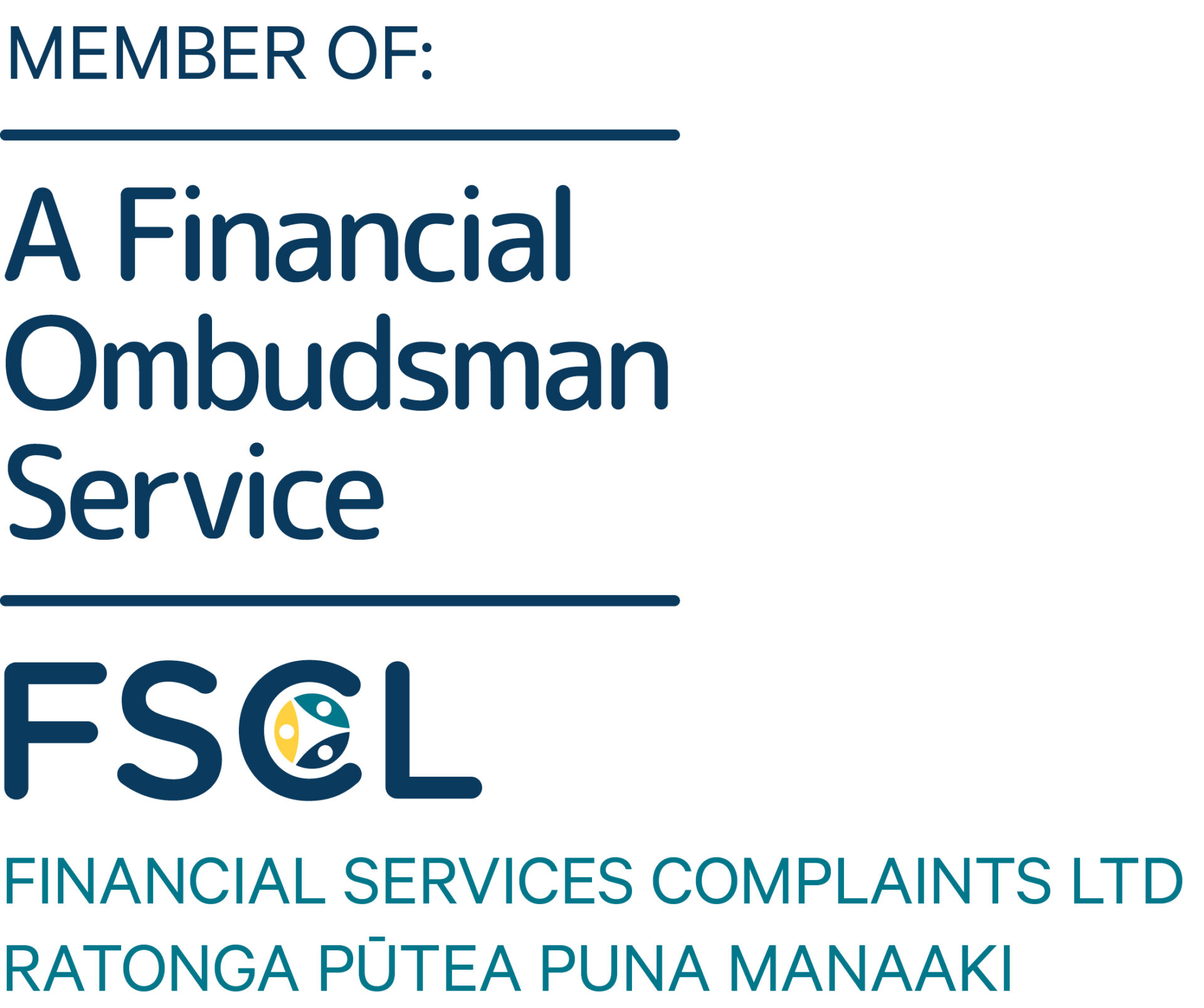Fundraising in periods of disaster is common, and prompt Kiwis’ urge to give. Even in ‘normal’ times, we are supremely generous. The New Zealand Support Report released in February 2020 by Philanthropy New Zealand calculated total philanthropy and grant-making at an astonishing $3.8 billion for 2018. New Zealand is consistently ranked in the top three of the World Giving Index.
As I write, good people all over the country are making calls for support and donations to important causes. It seems instinctive for generous Kiwis to be called to help others through tough times, and right now, charities need support to make up some of the significant fundraising loss caused by the cancellation of their usual fundraising events and collection drives.
As someone whose profession puts her at the epicentre of New Zealand philanthropy, I am duty-bound to offer some advice to those who want to use any of the digital and crowdfunding platforms available. Increasingly charities are seeking these platforms to help them to get through this time and to ameliorate the effects of COVID-19 on organisations who work to support communities. For any campaign, online or not, it is extremely important to be strategic and to check the parameters of giving before you start calling for donations. The case of Celeste Barber illustrates why.
Named the funniest woman on Instagram by Vogue magazine in 2018, Barber, an Australian comedian and actor, became a household name for her parodies of celebrity culture. Barber has amassed 7.1 million Instagram followers and 2.6 million Facebook followers for her posts of herself (and sometimes her husband) mimicking celebrities and models. In late 2019, the catastrophic Australian bushfires prompted Barber to turn her social media platforms away from parody and towards philanthropy. She took to Facebook to create a fundraising campaign in support of all of the hard-working Australians who activated the support network needed to respond to the disaster.
Barber’s surprise at the energetic response was palpable: she raised $1 million within the first 24 hours and a staggering $52 million in a fortnight. But that’s where things got complicated.
Having pledged all donations to the Trustee for NSW Rural Fire Service (RFS) and Brigades Donations Fund, Barber’s campaign actually received donations intended by givers to support all sorts of charitable undertakings related to the fires. The consequence is that the money was locked in a Trust under RFS rules that dictate donations must be spent on firefighting equipment and training only, not on further distribution to affected families or related charities. This was not what Barber or many of her donors, who thought the remit was wider, had intended. It was at this point that the lawyers became involved.
At Perpetual Guardian we manage the charitable intentions of over 600 charitable legacies, each with its own nuances. We know from experience that the desire to give comes from the heart, but the ability to make a difference with donations depends on sound thinking and careful planning. Unfortunately, too few philanthropists and fundraisers include the necessary detail and precise language in their founding documents to ensure that they can fully realise their charitable intentions.
While legal intervention means the funds raised by Barber are likely to be freed up for the purposes intended by her diverse set of donors, it is unlikely to be quick, and that is not what was intended.
It is important to note that online crowdfunding platforms, such as Givealittle, provide a critically important channel for giving, especially during times when in-person fundraising events are not possible. They also have the advantage of providing a digital record of all activity, which is enormously useful for donors, charities and their supervising bodies.
They also allow people to explicitly communicate their funding intentions to donors. In order to protect all parties and ensure funds are available for their intended use, campaign leaders should seek advice on the appropriate framing and wording for a campaign, especially if it’s intended to support a range of causes or entities connected to a crisis or serious event. Many campaigns will require a degree of leeway to achieve this, which must be communicated to would-be donors from the outset so they are informed and can confidently donate.
In this time of crisis, when we all wish we could give, despite our individual challenges and there are a myriad of inspired and compassionate calls to action, we are asking you to remember that we are here to help. Your Trustee can help you to create the legal and administrative structures needed to optimise and secure your own or other donor funds. This will ensure your philanthropic work can create ongoing successful results.
Finally, kudos to Celeste Barber for utilising her platform to raise a phenomenal $52 million for the Australian bushfire relief. Here’s hoping all the funds arrive at their intended destinations as soon as possible.
Kirsten Taylor
Manager, Perpetual Guardian Foundation






